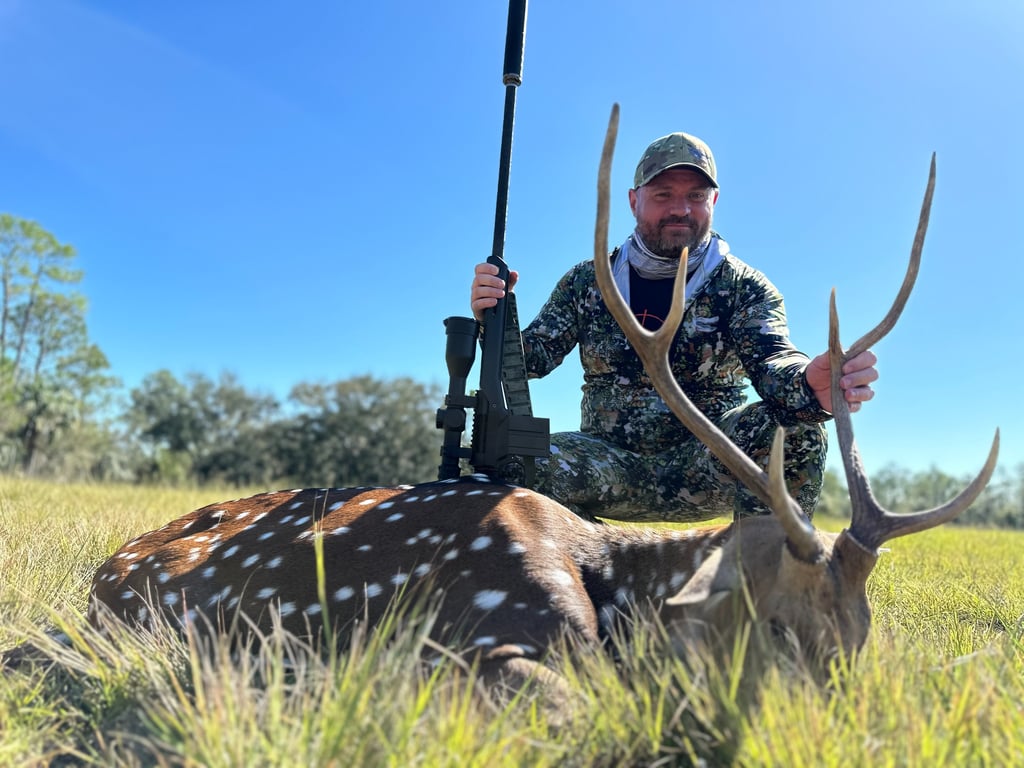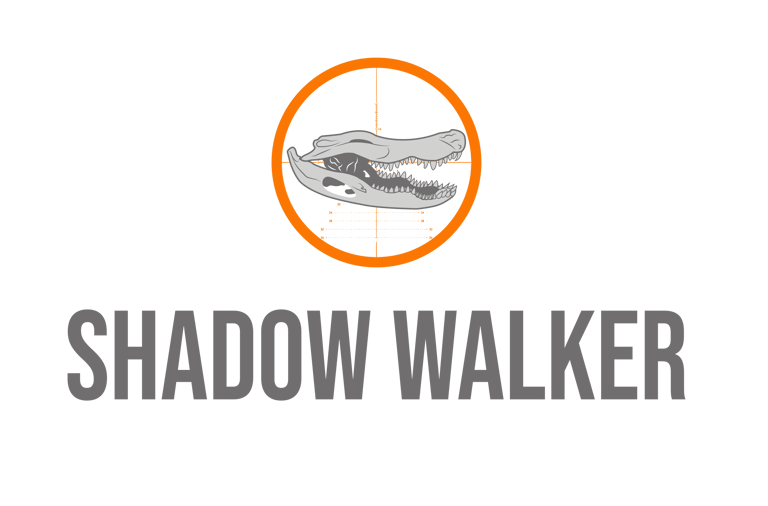Competition as Hunting Prep: Why the Range Makes You a Better Hunter
JD Malone
5/27/20252 min read


The idea that competitive shooting and hunting live in two different worlds is outdated. One is structured, with stages and timers. The other is raw, unpredictable, and tied to the land. But underneath the surface, they demand the same things: precision under pressure, efficiency of movement, and the ability to execute with purpose when it counts.
I've found that every match I run feeds directly into how I hunt. Here's why.
Pressure Is a Skill:
In competition, you're not just shooting targets. You're managing nerves, controlling your breathing, and moving with intent while the clock runs. That kind of pressure isn't simulated in backyard plinking or casual range sessions. It's only forged under the weight of real consequence—misses that cost time, hits that win stages, decisions that make or break a run.
Hunting doesn't use a shot timer, but it absolutely demands presence under pressure. The moment a buck steps out or an oryx crests the ridge, your system needs to be quiet, stable, and decisive. Matches prepare you for that. Not in theory—in muscle memory.
Movement Matters:
In a match, I train to move efficiently from position to position, find stable shooting platforms on the fly, and get into and out of cover with a rifle that’s ready. That same movement translates to natural terrain—climbing ridgelines, building improvised shooting positions on uneven ground, managing fatigue while staying ready to fire.
Every competition forces me to evaluate how I move with my gear. And every hunt benefits from that refinement.
Target Transitions Build Focus:
On a stage, I'm tracking targets, calculating distances, adjusting holds, and committing to shots. Fast. Accurate. Repetitive. That skill, refined in competition, makes target acquisition in the field faster and cleaner. I'm able to assess angles, identify obstructions, and break the shot without overthinking or second-guessing.
Hunting doesn’t give you time to process slowly. The ability to scan and commit comes from reps—and competition gives you plenty of them.
Gear Under Stress:
Matches expose weak points in gear. Slings, optics, magazines, muzzle devices—if it fails in a match, it’ll fail worse in the field. I’ve learned to trust only what survives hundreds of reps under match stress. That insight carries over into my hunting loadout. I don’t guess what works. I run it until it proves itself—or gets replaced.
Mental Resilience:
Most hunts don't go to plan. Neither do most matches. I've been mid-stage with a mag seated wrong, optic fogged, position blown. But matches taught me to reset mid-run, recover, and finish strong. That same mental agility is critical when you’ve been hiking for miles, tracking for hours, and suddenly—your opportunity appears.
You need to stay calm. Move smart. Execute. That’s not just a hunting skill. It’s a performance skill. And competition builds it.
Final Thoughts:
I don’t shoot matches just to collect trophies or shave seconds. I do it because it sharpens every part of me that hunting demands. The range and the field may look different, but the goal is the same: one clean shot that matters.
If you hunt, consider running matches. If you shoot matches, don’t underestimate the discipline hunting can build. When you connect both, you don’t just improve. You evolve.
Have a different opinion? DM me on Instagram @shadowwalkeractual
